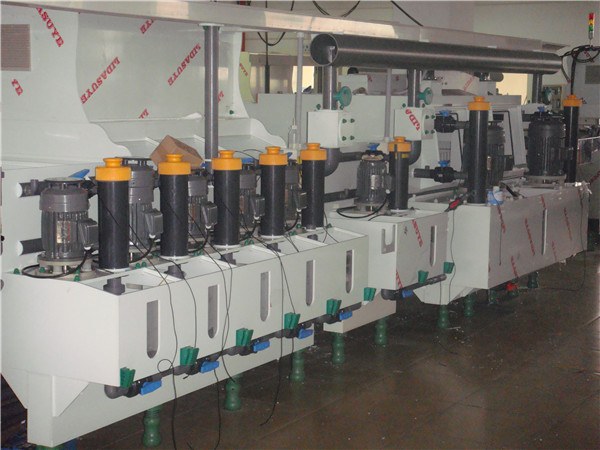Nov . 22, 2024 17:44 Back to list
pvc pipe
The Importance of PVC Pipe in Modern Infrastructure
Polyvinyl chloride, commonly known as PVC, has become one of the most widely used materials in the construction and plumbing industries. From residential water systems to industrial applications, PVC pipes have proven to be a reliable and versatile option. This article will explore the characteristics, advantages, and various applications of PVC pipes.
Characteristics of PVC Pipes
PVC pipes are made from polyvinyl chloride, a synthetic polymer that is both lightweight and strong. They come in various sizes and can be produced in different colors, although most commonly, they are white or gray. One of the most notable characteristics of PVC is its resistance to corrosion, chemicals, and moisture, which makes it a superior choice for plumbing systems. Unlike metal pipes that can rust or corrode over time, PVC pipes maintain their integrity even when exposed to various environmental factors.
Advantages of Using PVC Pipes
1. Durability PVC pipes are extremely durable, with a lifespan that can exceed 50 years when installed correctly. Their resistance to various chemicals and environmental conditions ensures that they will not degrade over time, making them a long-term investment.
2. Lightweight Compared to metal pipes, PVC pipes are much lighter, making them easier and cheaper to transport and install. This characteristic also allows for less structural support during installation, reducing the overall cost.
3. Ease of Installation The installation of PVC pipes is straightforward. They can be joined using solvent cement, which provides a strong bond and prevents leaks. Moreover, the flexibility of PVC allows it to be fitted in various configurations, making it easier to navigate around obstacles.
pvc pipe

4. Cost-Effectiveness PVC pipes are generally less expensive than traditional materials like copper or steel. This affordability, coupled with their long lifespan, makes them an economically sensible option for both residential and commercial projects.
5. Environmentally Friendly PVC is recyclable, which means that at the end of its life, it can be reprocessed to create new PVC products. This reduces waste and is beneficial for the environment.
Applications of PVC Pipes
Given their numerous advantages, PVC pipes are utilized in a variety of applications. In residential settings, they are primarily used for plumbing, drainage, and irrigation systems. Their resistance to corrosion and fungal growth makes them ideal for water supply lines, ensuring clean and safe drinking water.
In commercial and industrial settings, PVC pipes are used for sewage systems, chemical transportation, and ventilation. Industries such as agriculture utilize PVC pipes for irrigation systems that efficiently deliver water to crops, enhancing productivity.
Moreover, PVC pipes are commonly used in electrical conduit applications, protecting electrical wires and ensuring safety in both residential and commercial properties.
Conclusion
In summary, PVC pipes have emerged as a vital component in modern infrastructure. Their durability, light weight, ease of installation, cost-effectiveness, and environmental friendliness make them an excellent choice for a variety of applications. As construction and plumbing technology continue to evolve, the role of PVC pipes will likely expand, contributing to more efficient and sustainable systems worldwide. Whether for home plumbing, industrial applications, or agricultural needs, PVC pipes present a practical solution that meets the demands of today’s infrastructure requirements.
-
High-Quality PPR Pipes and Fittings Durable ERA PPR & PVC PPR Solutions
NewsJul.08,2025
-
Black HDPE Cutting Board - Durable, Non-Porous & Food Safe HDPE Plastic Cutting Board
NewsJul.08,2025
-
High-Quality CPVC Panel Durable HDPE & PVC Panels Supplier
NewsJul.08,2025
-
Double PE Welding Rod Supplier - High Strength, Durable & Versatile Welding Solutions
NewsJul.07,2025
-
High-Quality PVC-O Pipe Supplier Durable 75mm PVC Pipe & Connections Leading PVC Pipe Company
NewsJul.07,2025
-
HDPE Drainage Pipe Supplier – Durable & Corrosion-Resistant Solutions
NewsJul.06,2025

